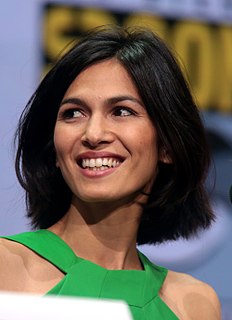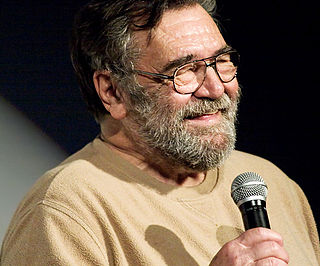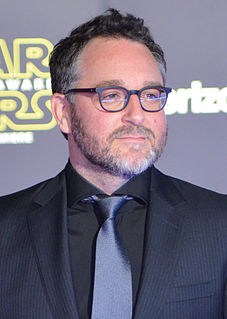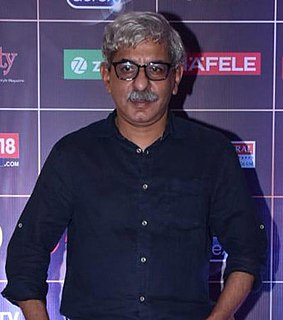A Quote by Peter Jackson
People sort of accuse Tolkien of not being good with female characters, and I think that Eowyn actually proves that to be wrong to some degree. Eowyn is actually a strong female character, and she's a surprisingly modern character, considering who Tolkien actually was sort of a stuffy English professor in the 1930s and '40s.
Related Quotes
When I'm looking for a strong female character, or a strong character at all, I'm looking for a character that has a purpose in that story, that has an interior life of some sort. They don't have to be physically strong; they don't have to be morally strong or ethically strong, because men and women come in a huge variety of all of those things. Emotionally, ethically - I'm less concerned with that. I just don't want them to be props. That's the only thing that offends me.
I think the superhero platform gives the female character, you know, a relate-ability for the male audience as well. So, I think that's why people are kinda gravitating towards female super hero characters, and also female characters in general as big parts of the film. So, that's great for us, female actors who want to do roles like that, which is really great.
I tend to like strong female characters. It just interests me dramatically. A strong male character isn't interesting because it has been done and it's so cliched. A weak male character is interesting: somebody else hasn't done it a hundred times. A strong female character is still interesting to me because it hasn't been done all that much, finding the balance of femininity and strength. [From a 1986 Fangoria interview]
We actually needed the memory - if you see the film - as a very different kind of a plot device of revealing some information to our main character. So we chose to represent it as these sort of beautiful little snow globes, which kind of, weirdly, that's the way we think of memories - at least, most of the folks that we talked to. You think of these memories as being very pure and absolute and unchanging. That's not actually real life.
To me, feminism in literature deals with the female characters being in some way central to the thematic concerns of the book, or that they are agents of change to some degree. In other words, the lens is focused deeply and intensely on the female characters and doesn't waver, which allows for a glimpse into the rich inner lives of the characters.
Any movie you see, if Tom Cruise is in an action movie or whatever it is, The Avengers, there's going to be a kick-ass female character. Usually one. And there's a term for this, but I don't know what it is. But someone's coined a term where there's one female character who's incredibly tough and strong and just as good as the guys at whatever it is they’re doing, and usually wearing black, skin-tight clothes, and [she] has no personality whatsoever, and is not funny.





































